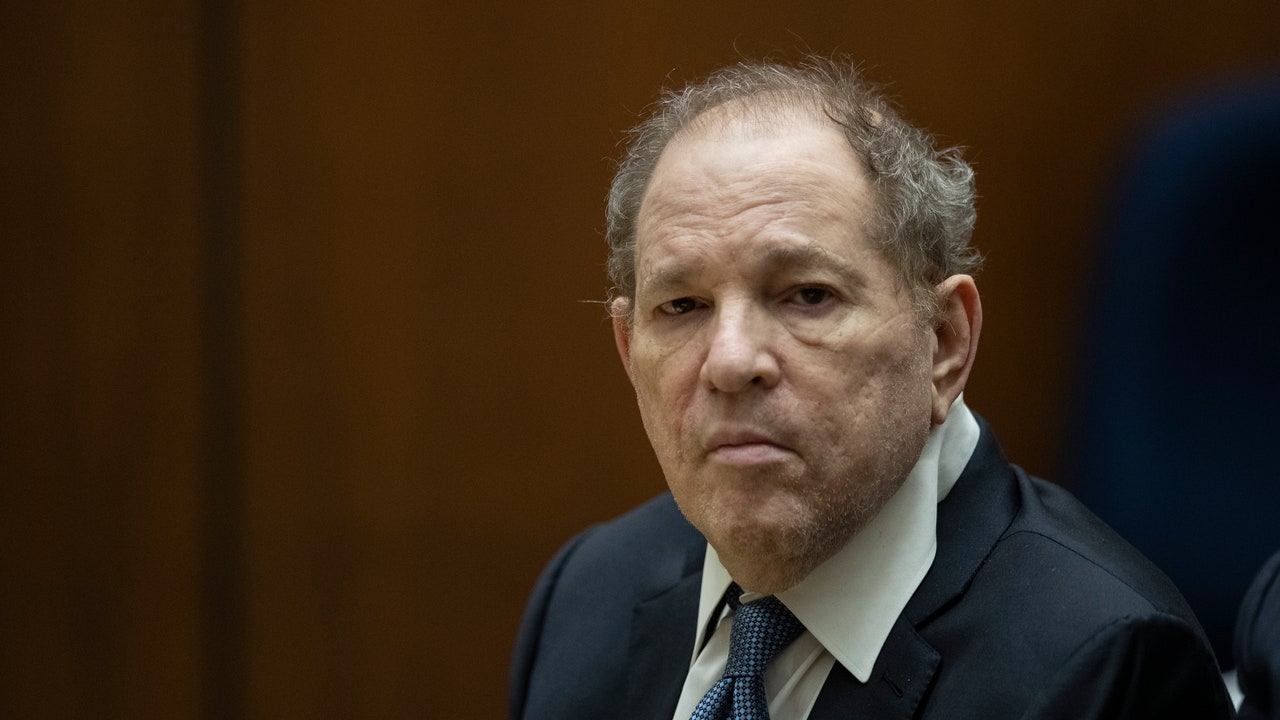
Overturned meaning – Overturning a law or ruling carries profound legal, historical, and societal implications. From altering the course of justice to shaping social norms, the act of overturning holds immense significance, inviting exploration into its multifaceted consequences.
This comprehensive analysis delves into the intricacies of overturned meaning, examining its legal ramifications, historical context, political and social impact, procedural and ethical considerations, case studies, comparative analysis, and potential future implications. Join us as we unravel the complexities of overturning laws and rulings, uncovering the profound effects they have on our legal system and society at large.
Legal Implications
Overturning a law or ruling can have significant legal ramifications. It can render previous decisions void, change the legal landscape, and create new rights and obligations. For example, the overturning of Roe v. Wade by the Supreme Court in 2022 reversed the federal right to abortion, leaving individual states to determine their own laws on the matter.
This has had a profound impact on reproductive rights in the United States.
Role of Precedent
The principle of precedent plays a crucial role in overturning legal decisions. Precedent refers to the legal principle that courts should follow previous rulings in similar cases. This ensures consistency and predictability in the law. However, precedent can also be overturned if there are compelling reasons to do so, such as new evidence or a change in societal values.
Historical Context

Throughout history, there have been numerous instances of overturned laws or rulings. These overturns have been driven by various factors, including social change, new evidence, and political shifts. For example, the overturning of slavery in the United States after the Civil War was a major turning point in American history.
Motivations for Overturning Laws, Overturned meaning
The motivations behind overturning laws can vary widely. Sometimes, laws are overturned because they are deemed unconstitutional or outdated. In other cases, they may be overturned due to changes in social norms or public opinion. For example, the legalization of same-sex marriage in the United States was a result of shifting societal attitudes and legal challenges.
Political and Social Impact: Overturned Meaning
Overturning a law or ruling can have significant political and social consequences. It can shift the balance of power between different branches of government or alter the rights and privileges of certain groups. For example, the overturning of campaign finance laws in the United States has been linked to increased corporate influence in politics.
Role of Public Opinion
Public opinion can play a significant role in the overturning of laws. When a law becomes unpopular or seen as unjust, public pressure can build for its repeal or amendment. For example, the public outcry over the Vietnam War played a major role in the eventual withdrawal of American troops.
Summary

In conclusion, the concept of overturned meaning is a complex and multifaceted one, with far-reaching implications across legal, historical, and societal spheres. Understanding the nuances of this concept is crucial for navigating the ever-evolving landscape of law and justice. As we continue to witness the overturning of laws and rulings, it is imperative that we engage in thoughtful and informed discussions about the consequences of such actions, ensuring that the pursuit of justice and the preservation of societal values remain at the forefront of our decision-making.
Helpful Answers
What is the legal process for overturning a law?
The process for overturning a law typically involves a judicial review, where a court assesses the constitutionality or legality of the law. If the court finds the law to be unconstitutional or illegal, it can issue a ruling that overturns the law.
What are some examples of overturned laws?
Notable examples of overturned laws include the overturning of the Prohibition era in the United States, the overturning of the Dred Scott decision that legalized slavery, and the overturning of the Defense of Marriage Act that defined marriage as between one man and one woman.
What are the ethical considerations involved in overturning a law?
Ethical considerations in overturning a law include ensuring fairness, justice, and the protection of individual rights. It is important to weigh the potential consequences of overturning a law and to consider whether there are alternative approaches that could achieve the desired outcomes without compromising ethical principles.





